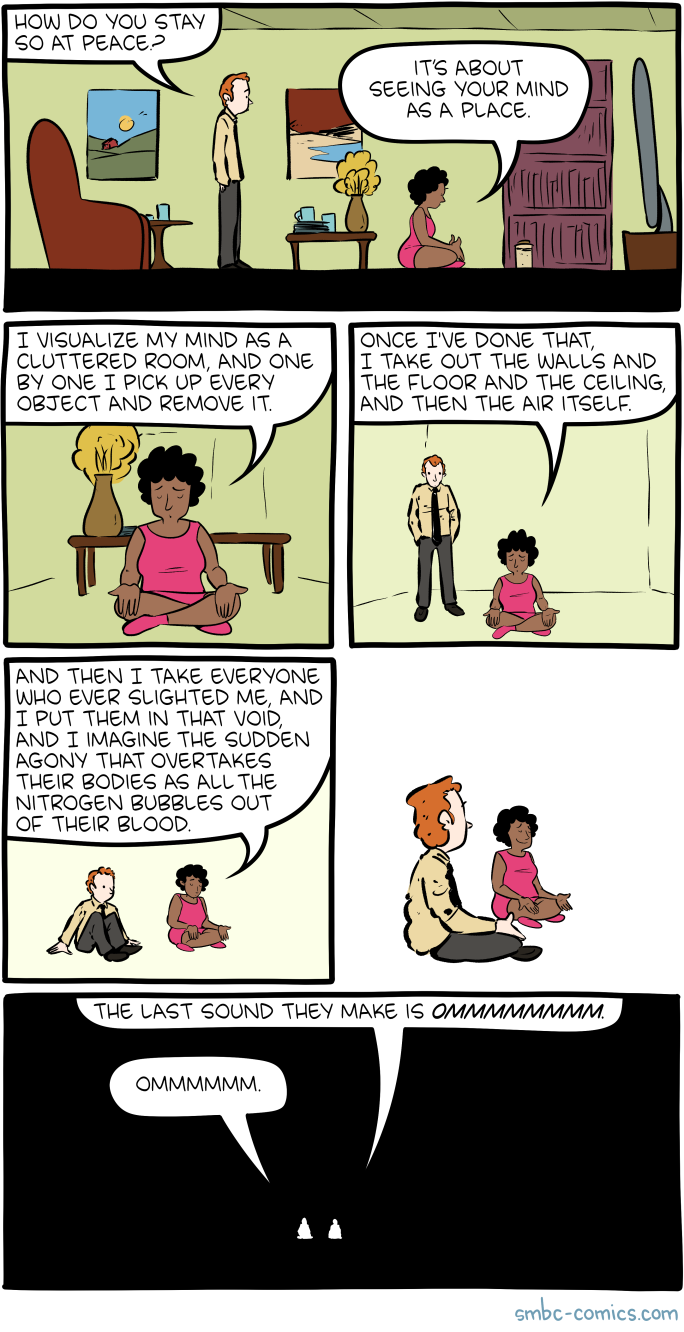Created
Mon, 02/01/2023 - 05:30
Apparently, he’s staying at Mar-a-Lago. How perfect. What’s a MAGA man to do after losing an election? Emulating President Trump, Brazil’s outgoing president, Jair Bolsonaro, plans to skip his successor’s inauguration ceremony and travel instead to — where else — Mar-a-Lago. Mr. Bolsonaro will avoid handing over the official presidential sash to Luiz Inácio Lula da Silva at an inauguration ceremony at Brasilia on Sunday. Instead, the October election loser will fly this weekend to Florida for a visit with Mr. Trump at the famed Palm Beach resort, several Brazilian press outlets report. On Tuesday, the official Brazilian government website published a statement saying that the Office of Institutional Security has confirmed that the security team for Mr. Bolsonaro’s family will be “on a trip to Miami, Florida,” next week. “Bolsonaro will not be in Brazil for the inauguration ceremony,” a professor of international relations at the Federal University of Sao Paulo, Regiane Nitsch Bressan, told the Sun.


